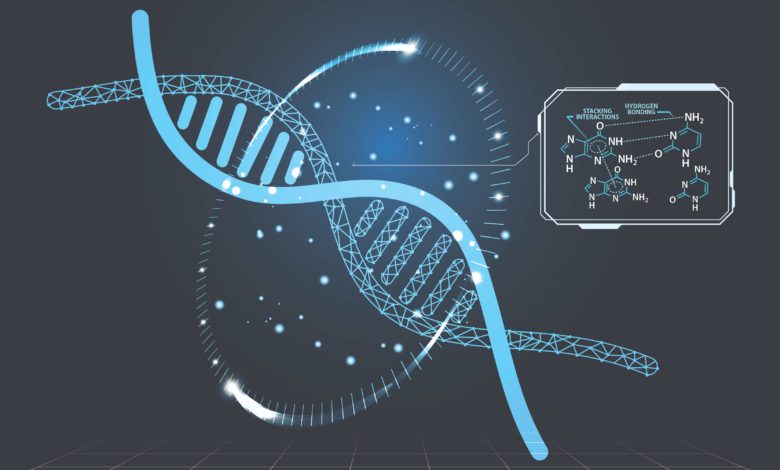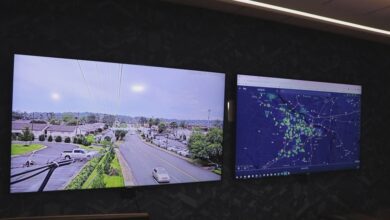AI and CRISPR converge: Artificial intelligence generates gene editing blueprints to solve host of previously untreatable diseases

Generative A.I. technologies can write poetry and computer programs or create images of teddy bears and videos of cartoon characters that look like something from a Hollywood movie.
Now, new A.I. technology is generating blueprints for microscopic biological mechanisms that can edit your DNA, pointing to a future when scientists can battle illness and diseases with even greater precision and speed than they can today.
Described in a research paper published on [April 22] by a Berkeley, Calif., startup called Profluent, the technology is based on the same methods that drive ChatGPT, the online chatbot that launched the A.I. boom after its release in 2022.
Profluent also said that it had used one of these A.I.-generated gene editors to edit human DNA and that it was “open sourcing” this editor, called OpenCRISPR-1. That means it is allowing individuals, academic labs and companies to experiment with the technology for free.
…
The project is part of a wider effort to build A.I. technologies that can improve medical care. Scientists at the University of Washington, for instance, are using the methods behind chatbots like OpenAI’s ChatGPT and image generators like Midjourney to create entirely new proteins — the microscopic molecules that drive all human life — as they work to accelerate the development of new vaccines and medicines.



